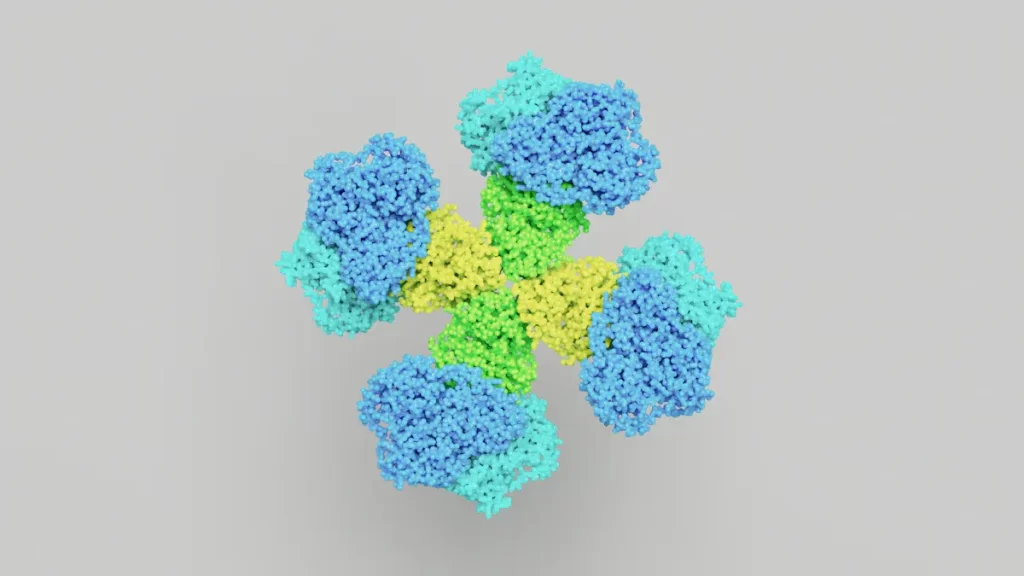News & Events
What Does a Hepatitis B Core Antibody Total Test Show
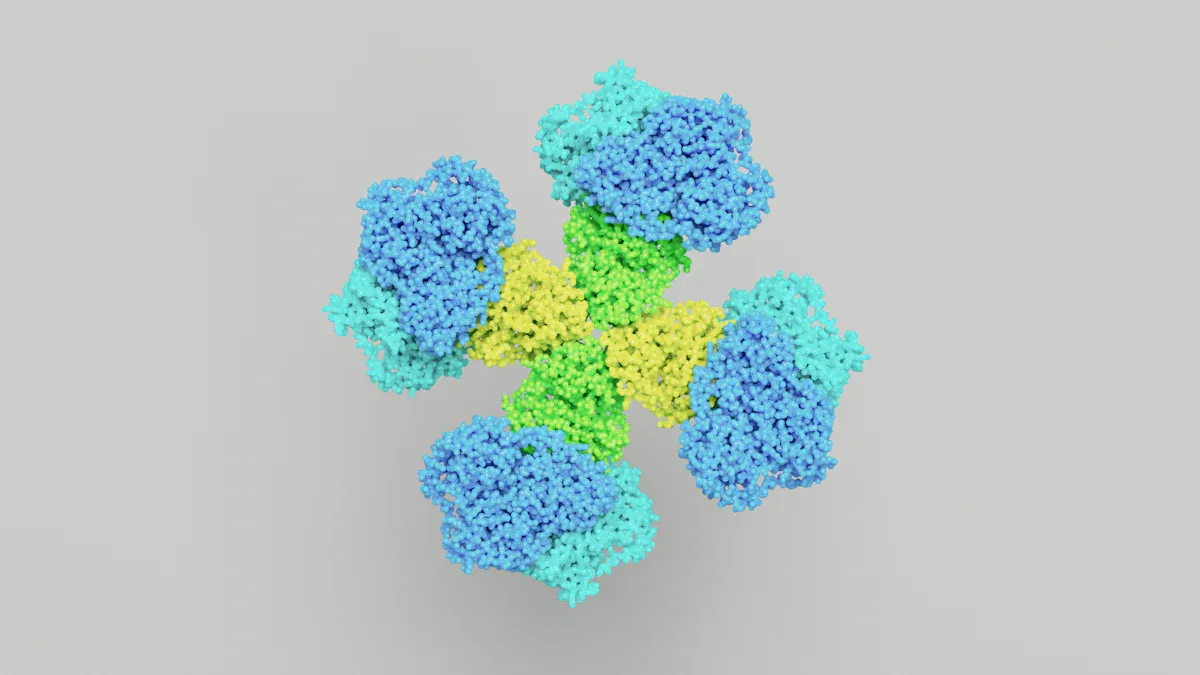
The hepatitis b core antibody total test reveals whether a person has ever been infected with hepatitis B. This test measures core antibodies that form after exposure to the hepatitis virus. Understanding hepatitis b status matters because hepatitis affects millions worldwide.
- Around 3.2% of people globally, or about 257 million individuals, have chronic hepatitis B.
Detecting core antibodies can show past or ongoing infection, possible chronic carrier status, or abnormal liver function. Routine screening helps control transmission, especially in vulnerable groups.
| Finding | Description |
|---|---|
| Anti-HBc Presence | Shows past or current hepatitis B infection. |
| Chronic Asymptomatic Carrier | Suggests possible chronic hepatitis B carrier status. |
| Liver Function Tests | High antibody levels may indicate active infection or liver damage. |
| Routine Screening Importance | Supports screening in blood donation centers to prevent transmission. |
The blog offers clear guidance for interpreting results and taking next steps.
Key Takeaways
- The hepatitis B core antibody total test shows if someone has ever been infected with hepatitis B. Understanding your status is crucial for managing health.
- A positive test result indicates past or current infection. Follow-up tests help determine if the infection is acute or chronic.
- Routine screening for hepatitis B is important, especially for vulnerable groups. Early detection can prevent complications and improve treatment outcomes.
- Consult a healthcare provider for interpreting test results. They can guide further testing and necessary actions based on your health status.
- Regular follow-up testing is essential for those at risk of hepatitis B. It helps monitor liver health and detect any changes in infection status.
Hepatitis B Core Antibody Total Test
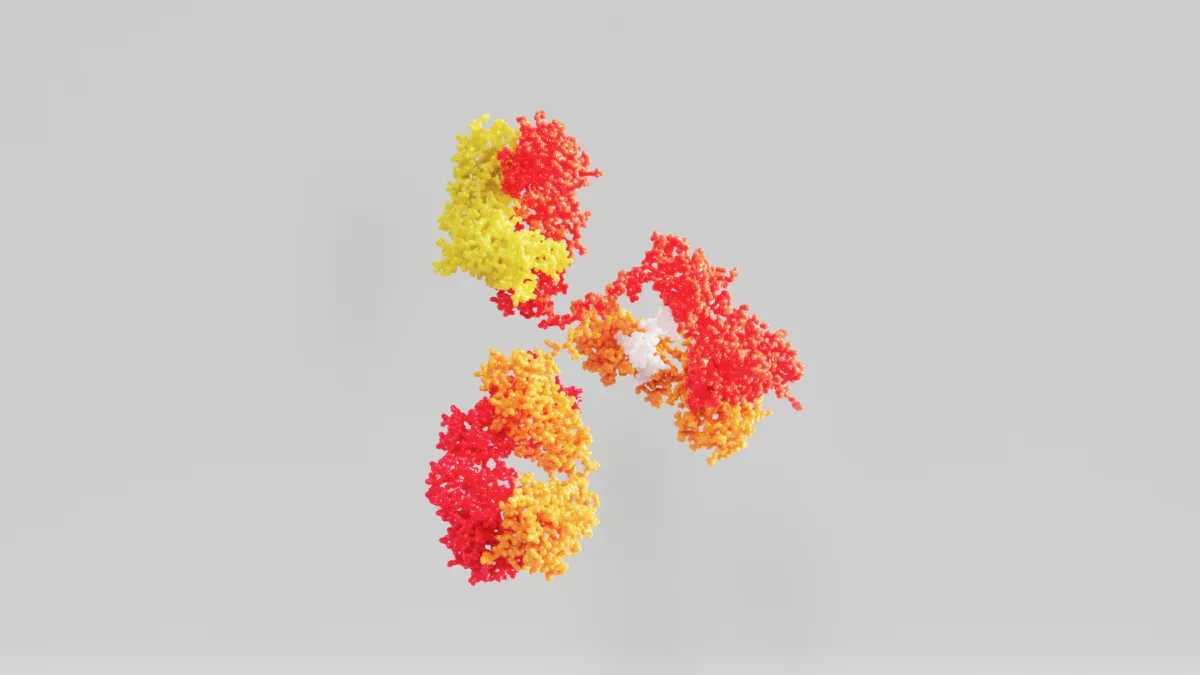
What the Test Detects
The hepatitis b core antibody total test identifies whether a person has ever been exposed to hepatitis B. This test measures antibodies that target the core protein of the hepatitis B virus. It detects both IgM and IgG antibodies against the core antigen. IgM anti-HBc appears during acute infection, while IgG anti-HBc remains after recovery or during chronic infection. The presence of these antibodies helps doctors determine if someone has a current or past hepatitis B infection.
The hepatitis b core antibody total test differs from other hepatitis B blood tests. For example, surface antibodies (anti-HBs) indicate recovery or immunity, not active infection. The table below shows how core and surface antibodies help in diagnosis:
| Antibody Type | Diagnostic Value |
|---|---|
| IgM anti-HBc | Best marker for diagnosing acute hepatitis B; detected in almost all acutely infected individuals. |
| Anti-HBs | May not appear until after clearance of HBsAg; indicates recovery or immunity, not active infection. |
How the Test Works
Doctors use a blood sample to perform the hepatitis b core antibody total test. The laboratory checks for antibodies against the hepatitis B core antigen. Modern assays, such as the Architect Anti-HBc II and Elecsys Anti-HBc, provide high sensitivity and specificity. The table below compares the accuracy of different assays:
| Assay Type | Sensitivity | Specificity |
|---|---|---|
| Architect Anti-HBc II assay | 98% | 79.9% |
| Elecsys Anti-HBc assay | 90% | 78.9% |
| Combined HBcAb and HBsAg assays | 100% | 90% |
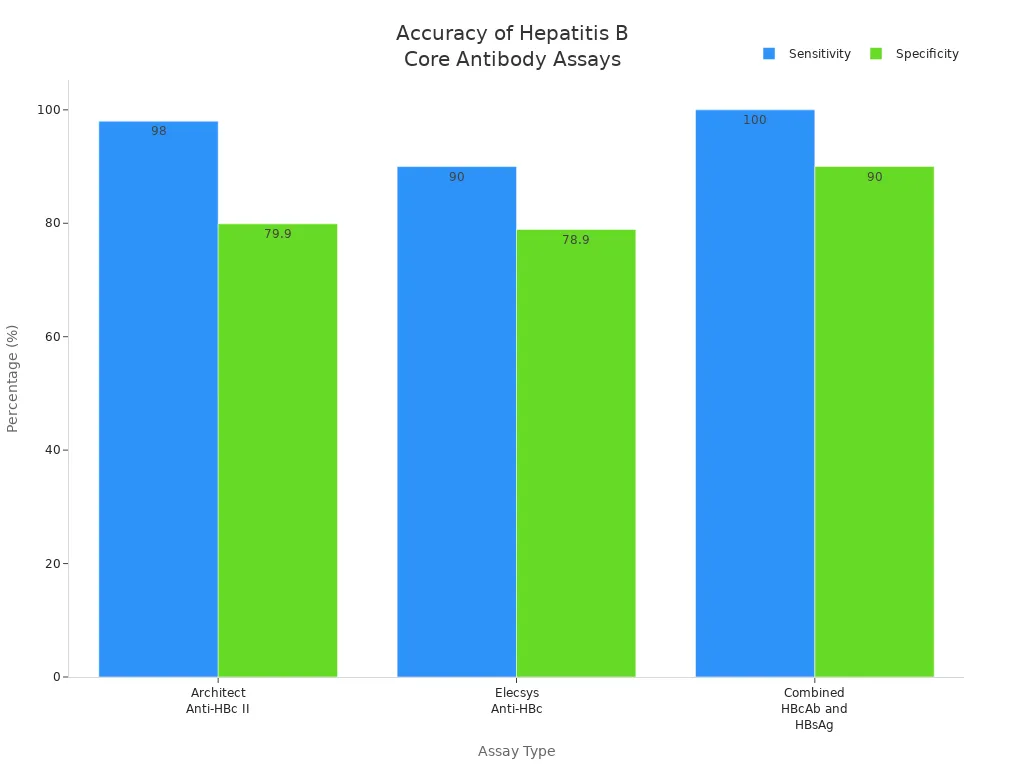
Most laboratories deliver results quickly. The typical turnaround time ranges from one to three days, depending on the facility:
| Source | Turnaround Time |
|---|---|
| Ultalab Tests | Average 1 to 2 business days |
| UNC Medical Center | 1 – 3 Days |
| Bloodworks NW | 1200 PM Next Day; STAT testing available for organ transplantation |
Tip: The hepatitis b core antibody total test helps doctors detect both recent and past hepatitis B infections, making it a valuable tool for screening and diagnosis.
Results Interpretation
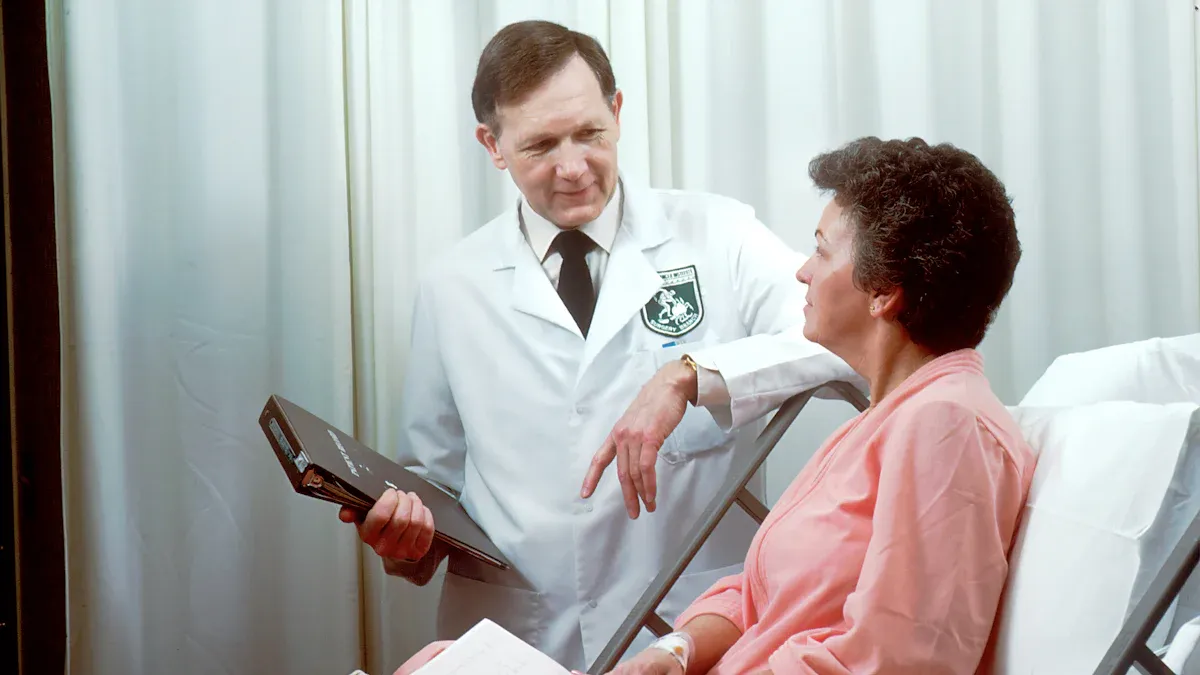
Positive Results
A positive hepatitis B core antibody total test shows that a person has been exposed to hepatitis at some point. The presence of antibodies means the immune system responded to the virus. Doctors use this information to check for current or past infection. People with a positive blood test result may have an ongoing infection, a past infection, or may be chronic carriers. The test does not tell if the infection is active or resolved. Doctors often order more tests to find out if the infection is new, chronic, or has cleared.
Positive result meaning:
- The body has produced antibodies against the hepatitis B core antigen.
- The person may have an acute hepatitis b infection or a past infection.
- Chronic hepatitis can occur if the virus stays in the body for a long time.
- Doctors may check for other markers to confirm the stage of infection.
| Result Type | What It Means |
|---|---|
| Positive | Indicates past or current hepatitis B infection. |
| Chronic Carrier | May suggest long-term hepatitis B infection. |
| Acute Infection | May indicate recent exposure to hepatitis B. |
Doctors recommend additional hepatitis blood tests to confirm the type and stage of infection. These tests include hepatitis B surface antigen and antibody tests. The surface antigen test shows if a person has a new acute hepatitis b infection. The surface antibody test shows if a person has recovered and developed immunity.
Negative Results
A negative hepatitis B core antibody total test means the person has not been exposed to hepatitis B. The immune system has not produced antibodies against the virus. This result suggests no current or past infection. Doctors use this information to rule out hepatitis B as a cause of symptoms or liver problems.
Negative result meaning:
- No antibodies against hepatitis B core antigen are present.
- The person has not contracted hepatitis B in the past.
- No evidence of acute hepatitis b infection or chronic hepatitis.
| Marker | Result Interpretation |
|---|---|
| HBcAb | A negative result indicates that you have not contracted HBV in the past. |
Sometimes, false negative results can occur. These may happen if the virus has mutated or if the amount of virus in the blood is very low. Occult hepatitis B infection can also cause false negatives, even when other signs of infection are present.
- Mutations in hepatitis B surface antigen can result in false-negative results.
- Low levels of hepatitis B surface antigen may not be detected in chronic infections.
- Occult hepatitis B infection can occur without detectable surface antigen.
Interpreting Results with Other Hepatitis B Blood Tests
Doctors interpret hepatitis B core antibody total test results with other hepatitis blood tests for a complete picture. The surface antigen test helps identify new acute hepatitis b infection. The surface antibody test shows if a person has recovered and is immune. The core antibody test remains positive after infection, even when other markers change.
| Test Name | Significance |
|---|---|
| HBsAg | Indicates a new acute infection; detectable early after exposure. |
| Anti-HBs | Indicates recovery from acute infection and immunity against re-infection. |
| Anti-HBc total | Remains positive indefinitely as a marker of past HBV infection. |
| IgM anti-HBc | Indicates a new acute infection; detectable at symptom onset. |
| IgG anti-HBc | Remains positive indefinitely as a marker of past HBV infection. |
Doctors use all these results together to diagnose hepatitis, determine the stage of infection, and plan treatment. They may repeat tests or order more tests if results are unclear.
Tip: Always discuss blood test results with a healthcare provider. Only a doctor can interpret all hepatitis B blood tests and provide the right advice for your health.
Other Hepatitis B Blood Tests
Surface Antigen and Antibody Tests
Doctors use several hepatitis b blood tests to understand a person’s hepatitis status. The hepatitis b core antibody total test shows if someone has ever been exposed to the virus, but it does not give a complete picture. Other tests in the hepatitis b panel help doctors find out if a person has a new acute infection, has recovered, or has developed immunity.
The hepatitis B surface antigen test checks for the presence of the virus in the blood. If the antigen is present, it means the person has an active infection. The hepatitis B core-related antigen is more accurate than the surface antigen in identifying inactive carriers. Each test serves a unique purpose in hepatitis b testing.
Doctors also use the hepatitis B surface antibody test to confirm immunity. This test is important for screening after vaccination. A positive result means the immune system has developed protection against the virus. The surface antibody test helps doctors know if a person responded to the hepatitis b vaccine or recovered from a past infection.
- The surface antibody test confirms immunity from past infection or vaccination.
- It helps doctors assess the effectiveness of the hepatitis b vaccine.
- A positive result shows long-term protection against the virus.
Why Multiple Tests Matter
Doctors rely on multiple hepatitis b blood tests for accurate diagnosis and management. No single test can show the full status of hepatitis infection. The hepatitis b core antibody total test does not measure HBV DNA levels or core antigen presence. Its results depend on the immune response and activity of the virus.
Using several tests in the hepatitis b panel gives doctors a complete view of infection and liver health. The tests help identify new acute infection, chronic infection, and immunity. Regular hepatitis b testing is important for ongoing monitoring, especially when mutations in the virus may affect results.
- The surface antigen test detects active infection.
- If infection is present, doctors order more tests to check disease stage and treatment needs, such as HBV DNA and liver function tests.
- Ongoing monitoring includes regular HBV DNA and ALT tests.
- Multiple hepatitis b blood tests provide critical information about infection status, liver function, and possible complications.
- Regular screening helps doctors catch changes in the virus and adjust care as needed.
- The relationship between core antibody levels and chronic infection stages is not well defined, so doctors use other tests for a clearer diagnosis.
Tip: Doctors recommend a full hepatitis b panel for anyone at risk or with symptoms. This approach ensures accurate diagnosis and guides treatment decisions.
Next Steps After Your Test
When to Consult a Healthcare Provider
After receiving hepatitis B core antibody total test results, individuals should consider their next steps carefully. A healthcare provider can help interpret the results and guide further action. People with positive results for acute or chronic hepatitis B need medical advice to understand their infection status. Those who have symptoms such as fatigue, jaundice, or abdominal pain should seek help immediately. Early detection and treatment can prevent complications.
Healthcare professionals follow specific guidelines for post-test care. The following situations require consultation:
- Vaccinated clinicians with documented anti-HBs of 10 mIU/mL or more do not need further testing or postexposure prophylaxis.
- Vaccinated clinicians without anti-HBs documentation should get tested for anti-HBs and the source patient for HBsAg. If anti-HBs is less than 10 mIU/mL and the source patient is HBsAg-positive, they should receive HBIG and revaccination.
- Unvaccinated or incompletely vaccinated clinicians exposed to an HBsAg-positive source should receive HBIG and the HepB vaccine as soon as possible.
Anyone with unclear hepatitis status or abnormal liver function tests should contact a healthcare provider. People with risk factors for chronic hepatitis b, such as family history or previous exposure, also need medical advice.
Further Testing and Follow-Up
Doctors recommend additional tests to confirm hepatitis status and monitor health. These tests help determine if the infection is acute or chronic. They also show if the person has developed immunity or needs treatment. Follow-up testing supports early detection and treatment of complications.
Common follow-up tests include:
- Hepatitis B Surface Antigen (HBsAg) to detect active infection.
- Hepatitis B Surface Antibody (anti-HBs) to check for immunity.
- Hepatitis B e Antigen (HBeAg) and Hepatitis B e Antibody (anti-HBe) to assess viral replication.
- Liver Function Test to evaluate liver health.
- Complete Blood Count (CBC) to detect blood health issues related to hepatitis.
- Prothrombin Time (PT)/INR to assess blood clotting affected by liver damage.
- Alpha-fetoprotein (AFP) to measure tumor marker levels and check for liver cancer.
Doctors use these tests to monitor acute and chronic hepatitis. Regular follow-up helps track changes in infection status and liver health. People with chronic hepatitis b need ongoing care to prevent liver damage. Early detection and treatment improve outcomes and reduce the risk of complications.
Understanding hepatitis B core antibody total test results helps individuals assess their risk for chronic infection and guides future health decisions. Regular follow-up testing remains important, especially for those at risk of hepatitis B reactivation. Healthcare professionals recommend vaccination for susceptible individuals and antiviral prophylaxis for patients with evidence of chronic infection.
| Key Findings | Details |
|---|---|
| Risk of hepatitis B reactivation | High in immunosuppressed patients |
| Testing recommendations | Repeat testing and monitoring are crucial |
| Antiviral prophylaxis | Advised for chronic cases |
People can find reliable information and support through resources such as Viral Hepatitis and Liver Disease and Fact Sheets.
Taking proactive steps and consulting a healthcare provider ensures better management and long-term health.
FAQ
What does a positive hepatitis B core antibody total test mean?
A positive result shows that the person has been exposed to hepatitis B. The test cannot tell if the infection is new or old. Doctors use other tests to find out the stage of infection.
Can someone have hepatitis B without symptoms?
Yes. Many people with hepatitis B do not show symptoms. They may still carry the virus and can pass it to others. Regular testing helps find silent infections.
Is the hepatitis B core antibody total test used after vaccination?
No. The test does not show immunity from the vaccine. Doctors use the hepatitis B surface antibody test to check if the vaccine worked.
How long does it take to get test results?
Most labs provide results within one to three days. Some centers offer faster results for urgent cases, such as organ transplantation.
Should people with a positive test result see a doctor?
Yes. A doctor can explain the results and recommend further tests. Medical advice helps prevent liver problems and guides treatment.

